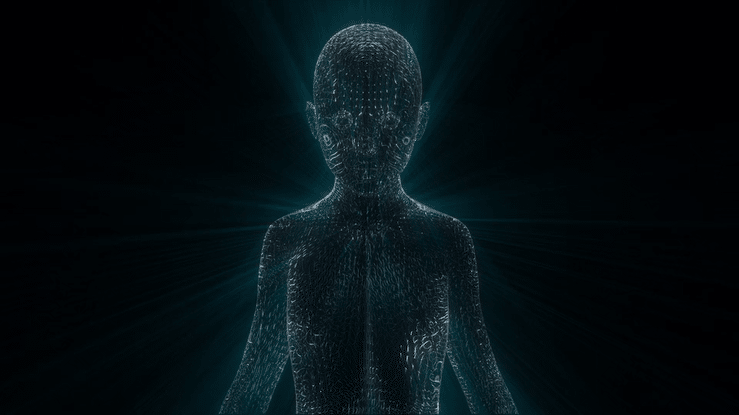Prof. Dr. Manfred Spitzer, Neuroscientist
Manfred Spitzer, M.D., Ph.D. is Medical director, professor, and chairman (Head of Department) of the newly established Psychiatric Hospital at the University of Ulm (Universitätsklinik für Psychiatrie), Germany.
His research activities focus on the interface between cognitive neuroscience and psychopathology, using multimodal neuroimaging techniques, such as event-related potentials, functional magnetic resonance imaging, transcranial magnetic stimulation, and experimental neuropsychological methods to study psychiatric symptoms, syndromes, and disorders.
In 2004 he established the Transfer Center for Neuroscience and Learning (Transferzentrum für Neurowissenschaften und Lernen [ZNL]), for which he is the director.













